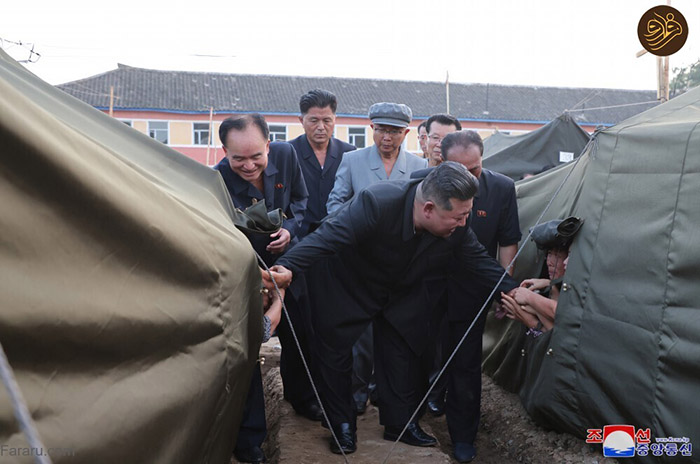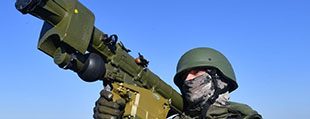International Relations and the Broader Geopolitical Landscape
North Korea’s decision to reject foreign aid offers is also influenced by the broader geopolitical context. The country’s relationship with the international community is fraught with tension, particularly with the United States and its allies. Accepting aid from foreign countries could be perceived as a sign of weakness or dependence, which the North Korean regime is keen to avoid.
At the same time, North Korea’s close ties with China and Russia complicate its approach to foreign assistance. While these countries have offered support, North Korea’s rejection of aid may be intended to assert its independence and avoid being perceived as reliant on its powerful neighbors.
Food Security Concerns
One of the most immediate and pressing concerns in the aftermath of the floods is food security. North Korea has long struggled with food shortages, and the loss of agricultural land due to flooding will likely worsen this situation. The country’s ability to recover from the floods and ensure adequate food production will be critical in determining the severity of the food crisis in the coming months.
Economic Recovery Challenges
The economic challenges posed by the floods are significant. The destruction of infrastructure, including roads, railways, and public buildings, will require substantial resources to repair. Given the country’s limited financial capacity, the recovery process is likely to be slow and difficult.
In the absence of foreign aid, North Korea may have to redirect resources from other areas, such as defense spending or industrial development, to fund the recovery efforts. This could have long-term implications for the country’s economic stability and growth prospects.

